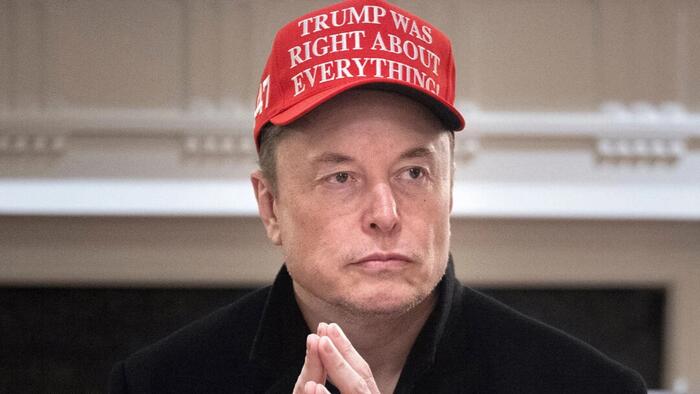What’s Going On?
- The Wall Street Journal (WSJ) published a story claiming Tesla’s board was looking to replace Elon Musk as CEO.
- Tesla’s leadership called the report “completely false”, saying the WSJ ignored their denial before publishing.
Key Details:
- Tesla’s Response:
- Robyn Denholm (Tesla’s Chairwoman): “This story is not true. We told the WSJ it was wrong before they published it.”
- Elon Musk: Called the article an “EXTREMELY UNETHICAL MOVE” by the WSJ, accusing them of lying.
- WSJ’s Claims:
- Sources said Tesla’s board was working with headhunters to find a new CEO.
- Suggested reasons: Falling car sales and backlash over Musk’s focus on Dogecoin (a cryptocurrency).
- The Bigger Issue:
- Critics argue some media outlets spread misinformation to create drama or push agendas.
- Musk and others (like Trump supporters) claim mainstream media often twists facts.
Why Should You Care?
- Trust in Media: If big outlets get basic facts wrong, it’s hard to know what’s true.
- Impact on Companies: False stories can hurt stock prices or public trust in brands like Tesla.
Public Reactions:
- Social Media: Many called out the WSJ, saying, “This is why people don’t trust the news.”
- Comparisons: Users noted similar “fake news” patterns in politics, like biased coverage of Trump.
Simplified Summary:
- Musk Says: “The WSJ lied about a CEO search. We’re sticking with me as CEO.”
- Lesson: Always check multiple sources before believing big claims—especially in today’s media world.
Visual Analogy:
Imagine your friend texts, “Your favorite café is closing!” You call the owner, who says, “No, we’re staying open!” But your friend keeps telling everyone it’s closing. That’s what Tesla says the WSJ did here.
Final Takeaway:
This isn’t just about Tesla. It’s a reminder to question headlines and look for facts, not just flashy stories.
